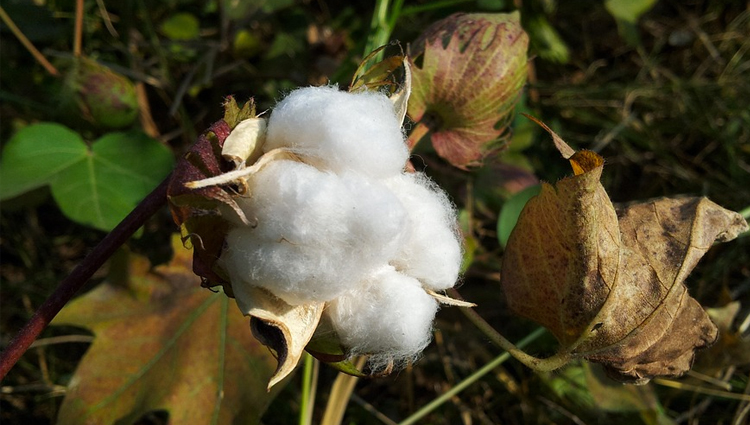Cottoning A New Kind of Fuel

Image credits: Jing via Pixabay
(Inside Science) -- Researcher B. Murali Krishna and his colleagues at the GMR Institute of Technology in Rajam, India, found that cottonseed oil performed as well as petroleum diesel fuel in small engines. And a combination of the two energy sources was more efficient than each alone.
In their experiment, they looked at the properties of pure cottonseed oil and blends with diesel fuel in various proportions, to evaluate the performance and emission characteristics of a single-cylinder compression ignition engine. When the engine ran on cottonseed oil alone, the researchers found that the performance was almost identical to the engine running on diesel fuel. Engine performance actually improved when the cottonseed oil and diesel were blended in specific proportions.
At the end of trials and tests, Krishna concluded that a specific blend of cotton seed oil could fuel a single-cylinder compression ignition engines without any major modifications to the engine. The engine operating on the specific blended fuel actually showed improved emissions compared to the other fuels and fuel blends tested.
According to Krishna, “biodiesel production from cottonseed oil and its application with water emulsification” is the next phase of his team’s project. “If biodiesel from cottonseed oil plus water emulsification works out, really it is a good contribution to the mobile society,” he said.
Cottonseed oil is a vegetable oil extracted from the seeds of the cotton plants after the cotton has been removed. Cotton seeds are available in many parts of the world and are relatively inexpensive because they are classified as waste or byproducts. In the U.S. there are fourteen major cotton growing states that produce Upland cotton, in a region known as the “Cotton Belt.” They are Alabama, Arizona, Arkansas, California, Georgia, Louisiana, Mississippi, Missouri, North Carolina, Oklahoma, South Carolina, Tennessee, Texas and Virginia.
